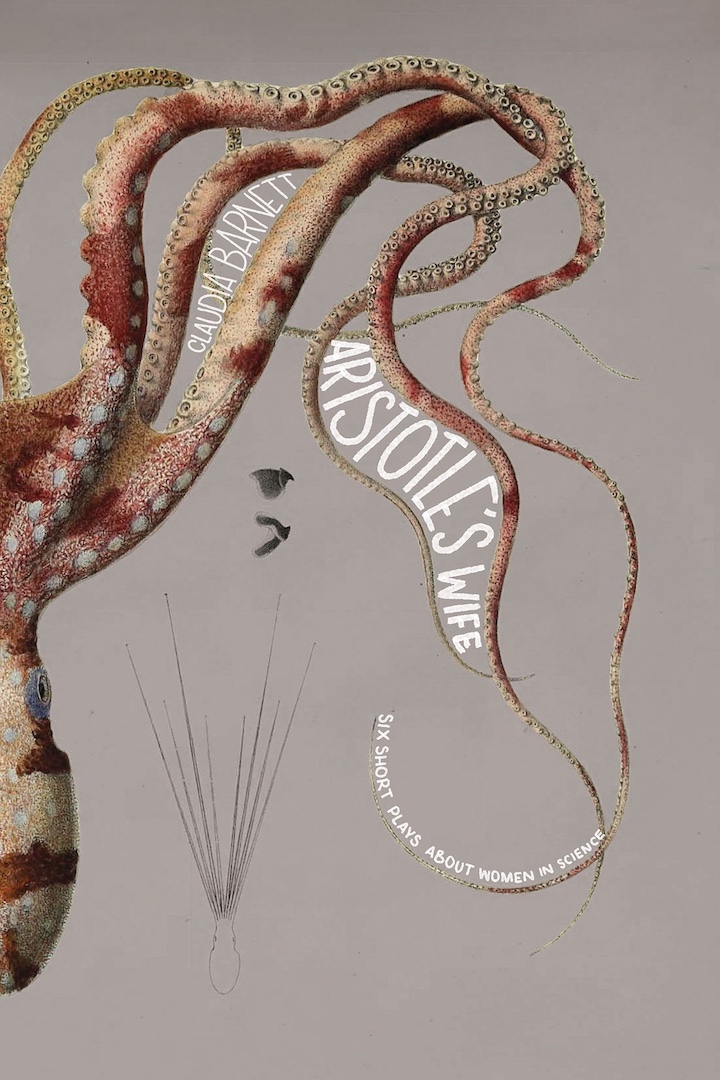Karma Isn't Quick Enough
In Lorraine López’s new novel, a host of hangers-on defeats all Gandhian goals of patience and forgiveness
For Marina Lucero, as for Sartre, hell is other people. Try as she might, Marina, heroine of The Realm of Hungry Spirits by Vanderbilt professor Lorraine López, can’t seem to wrench free of the gravitational pull of her family and friends. Marina is thirty-three, a single woman who teaches middle-school reading and who has recently broken up with Rudy, her disappointing boyfriend of many years. Now Rudy is creeping around again with his sketchy friend Nestor, and his daughter Letty, for whom Marina has been a mother figure, has an infant son who is gravely ill. Marina’s next-door neighbor and friend, Carlotta, is avoiding an abusive husband by staying at Marina’s house—which is a perpetual disaster zone, thanks to the slovenly ways of Marina’s nephew Kiko and his buddy Reggie. They’re shacked up there, too, rent-free. Even Marina’s backyard is littered with mutant fruit from a grapefruit tree plagued by disease.
Marina is a woman for whom women’s magazines—promising tranquility, happiness, and the expulsion of all stress—were conceived. Not that she has two minutes to read them, nor would they be her first choice if she did: she gravitates instead toward the teachings of the Dalai Lama and Gandhi, whose portrait she has propped on a windowsill. Even so, she struggles to follow their teachings of compassion and forgiveness: “I wonder if in Buddhism or Hinduism there is some jolly deity with a club who settles scores,” she wonders. “I know there’s karma, but honestly, that’s just not quick and dirty enough.” At best, her loved ones lean on her too heavily, and at worst they blatantly exploit her generosity. But it’s not in her character to turn them away. Kiko and Reggie hang around her house and smoke mota, watch bad television, conjure ridiculous schemes, and ignore her requests to tidy up. And as soon as Marina turns her attention from the boys, other needy souls pop up, begging for her assistance, or simply taking what they want. Her shallow stepsister Xochi borrows clothes and jewelry without asking, only to crack that the dresses are way too big, and Marina really should be working out.
 Encroached upon as she is, Marina is ultimately alone, starved for what she needs most. She does not want Rudy back, but she bemoans her lack of companionship: “I feel it like a hollowness, a cavity that aches, even living with those two goofs or should I say, especially living with those two goofs. Unlike grief or physical pain, my aloneness grows sharper instead of duller with time,” she laments.
Encroached upon as she is, Marina is ultimately alone, starved for what she needs most. She does not want Rudy back, but she bemoans her lack of companionship: “I feel it like a hollowness, a cavity that aches, even living with those two goofs or should I say, especially living with those two goofs. Unlike grief or physical pain, my aloneness grows sharper instead of duller with time,” she laments.
López gives Marina a conversational, authentic voice, spiked with Spanish words and phrases. The narration is stuffed with details—everything from the kind of paper towels she washes her hands with at school to the type of fake plants in the lobby at the hospital where she visits Carlotta. This strategy brings Marina and her world into sharp focus, but the specifics can also bog the narrative down in their sheer quantity. As narrator, Marina is just plain talky: she calls to mind the chattiest girlfriend, or the oversharing neighbor, or the coworker who keeps up a steady dyspeptic patter. Or a challenging amalgam of all three.
Hope is kindled when not one but two men take an interest in Marina, but that development does little to quell her natural crankiness. Perhaps she has given so much of herself that she has temporarily forgotten how to receive flattering attention, but by the time her two suitors—a guy who substitutes for one of her classes, and a medical resident she meets at the hospital—come on the scene, it’s frustrating to find her so hesitant, so inclined to view a potential romance as just another demand on her time.
 Yet through it all, Marina can be wickedly funny and quite clever. When Reggie weeps over a lost love (who happens to be the decidedly unlovable Xochi), Marina observes, “Guys—no matter how they try—just can’t get the crying thing right. Most women have crafted crying so it is at the level of artistic expression. Though not a vain person, I myself have spent some mirror-time practicing my weeping—from the mute tear welling and the judicious solitary trickle to the full-throated, mad-woman’s squall. After working to develop my art, I struggle not to laugh at these amateurish efforts.”
Yet through it all, Marina can be wickedly funny and quite clever. When Reggie weeps over a lost love (who happens to be the decidedly unlovable Xochi), Marina observes, “Guys—no matter how they try—just can’t get the crying thing right. Most women have crafted crying so it is at the level of artistic expression. Though not a vain person, I myself have spent some mirror-time practicing my weeping—from the mute tear welling and the judicious solitary trickle to the full-throated, mad-woman’s squall. After working to develop my art, I struggle not to laugh at these amateurish efforts.”
And not only is her reaction to everyday life often tinged with wit, but funny, even bizarre, things happen to Marina. At one point she follows Carlotta’s drunken, clownishly abrasive sister Connie back to her apartment, only to find herself an unwitting accomplice to a break-in: the apartment belongs not to Connie but to her adulterous boyfriend and his wife. Later, on their first date over lunch, the medical resident blurts out a request: will Marina come back to his apartment and take a nap with him? “No offense, but are you, like, really bad at social things?” she asks him, dumbfounded. It’s an amusing if odd, moment, one of several memorably funny scenes in this novel, which seems to grow more comedic, even goofy, as it unfolds. Marina may not find peace, but her encounters in The Realm of Hungry Spirits are likely to bring more than a few giggles.


